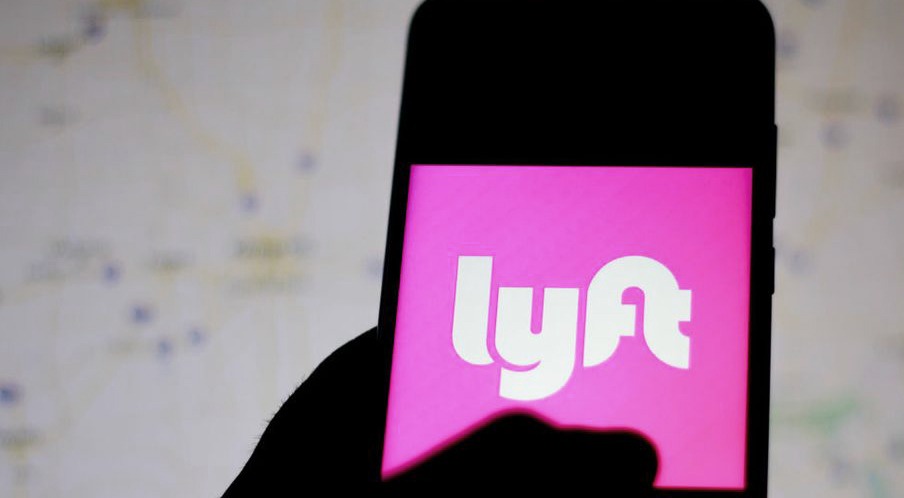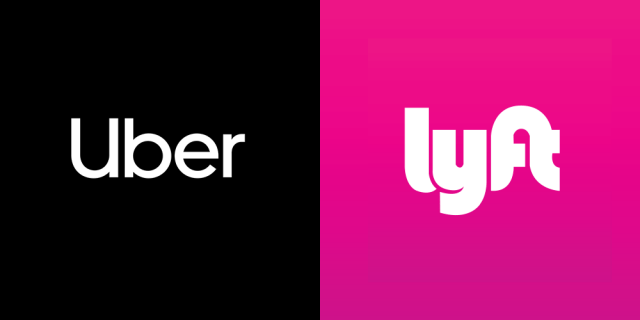Uber and Lyft encouraged their users to vote yes on Proposition 22 – and they did.
The companies spent almost $200 million to ensure that their drivers remained independent contractors but were a simple few lines of code their best tool?
Leading up to the Election, the companies urged to only their drivers, but their riders, to vote on Prop 22. Their victory will show other states what the people want for gig work.
Prop 22 has been divided up till the election, deciding whether Uber and Lyft drivers should be treated as employees.
A poll conducted by UC Berkeley Institute of Studies revealed that a quarter of voters were undecided in the weeks leading up to the vote. Arun Sundararajan, professor at NYU, says this gave the companies ample time to use their apps to sway users vote.
Sundararajan states that Uber’s customers have positive experiences with the app, and therefore they are likely to vote in their favour if they believe that the contrary will cause any disruptions to the app that they depend on.
If the votes are in favour of Uber and Lyft, California’s gig workers’ status will remain as independent contractors, exempting the companies from classifying drivers as employees.
One of the benefits of Prop 22, would be that drivers would be required to receive minimum wage.

According to critics, the companies’ large sum to promote their “Yes on 22” campaign, their lobbyists and mail encouraging a yes vote was extremely misleading.
The companies even went as far as threatening to leave the state is Prop 22 failed, sponsoring academic research into its benefits.
Uber and Lyft’s significant digital reach provide them with a unique reach to voters. Using their in-app messaging feature to send pop-up messages that threatened longer wait times and higher prices if they did not vote yes.
While pushing their political message this way is legal, it just isn’t quite right, explains executive director of Jobs with Justice Erica Smiley.
“If anyone else collected data from people for one reason, and then used it for another political purpose, they would be in a world of trouble.”
Recently, Uber was involved in a lawsuit where drivers accused them of pressuring their political opinion, with messages such as “Pop 22 is progress and pop-ups that both riders and drivers had to agree to before using the app.
This lawsuit was rejected, despite drivers’ allegations that the company was using political coercion.
This is not unusual for big tech companies, though. Google has used its products to promote political messages, such as protesting the Stop Online Piracy Act and the PROTECT IP Act in 2012.
Sundararajan explains that “different tech platforms have tried to engage customers through their tech in different ways…But Uber is probably among the most sophisticated at using the app, and it was particularly important in this case, given that it was a ballot initiative.”

Smiley asserts that stricter laws surrounding the up of apps to promote political messages are necessary, stating that apps should be required to create separate political PACs if they want to discuss political work with their customers.
An Uber spokesperson has said that the messages being circulated on the app are not political advertisements. They also include that the Yes on 22 campaign did include their advertisements in their disclosure statement as a non-monetary contribution.
They continue, explaining that Uber has shared the voices of tens of thousands of their drivers. 72 per cent of these drivers were in support of Prop 22.
“We have previously shared videos from drivers with riders and this week MADD’s endorsement of prop 22 because of ridesharing’s impact on reducing drunk driving.”
According to the Fair Political Practices Commission for California, political advertisements only need to have a statement that discloses who is paying for the message.
In the messages sent out by Uber, there is a small grey message saying “paid for by Uber”.



































